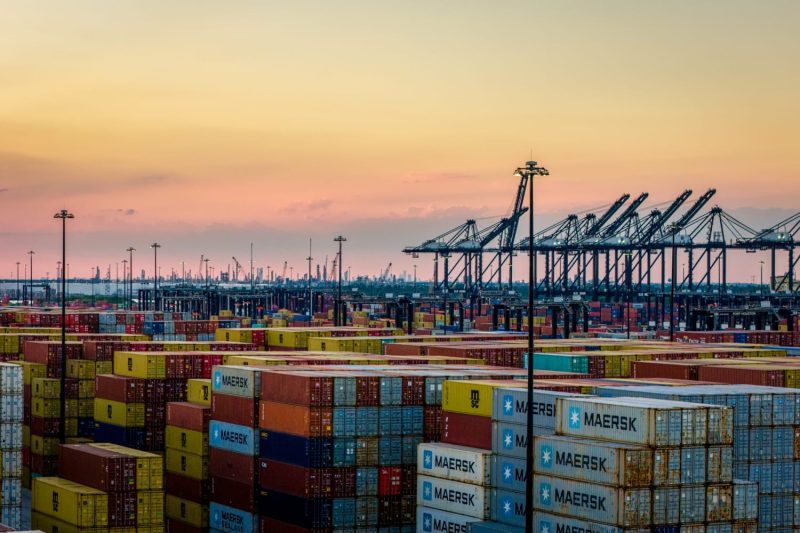The propensity for a major maritime strike has been looming over the East Coast for a while now. The reasons are manifold, encompassing issues ranging from wage discrepancies to disagreements over overtime pay and working conditions. If this strike materializes, it could potentially disrupt operations in numerous ports across the East Coast, resulting in financial losses and logistics nightmares for many industries relying on these hubs.
The International Longshoreman’s Association (ILA), the main labor union representing dockworkers along the East Coast and Gulf Coast ports, has been grappling with these tensions for while. The ILA casts a significant shadow over the East Coast’s maritime industry, representing a sizable percentage of the dockworker population. Should they decide to down tools and embark on strike action, the level of disruption could be unprecedented.
Interconnecting supply chain networks are especially vulnerable to disruptions caused by the labor dispute, as goods aren’t just arbitrarily ferried from one location to another. Ports are strategically sited and serve as critical junctures for materials, goods, and resources – making this potential maritime strike a very serious concern not only for port operators but also for businesses that rely on these channels for their supply chain operations. For instance, industries like automobile manufacturing, retail, oil and gas, and agriculture, which heavily rely on maritime transport, could face severe disruptions, throwing the whole supply chain into disarray.
Delays to shipping schedules because of a maritime strike could result in economic losses running into billions of dollars. Additionally, there could be further compounded financial repercussions due to auxiliary impacts, such as importers having to scramble for far more expensive and less convenient alternate means of transporting their goods.
Furthermore, the impacts of a looming maritime strike stretch way beyond economic considerations. Dockworkers operate in complex, interconnected systems with numerous physical, operational, and regulatory components designed to ensure that maritime transport is seamless and efficient. This system’s balance could be profoundly upset by a major strike, disrupting the flow of goods and creating significant bottlenecks and inefficiencies in port operations.
There are also potential environmental implications to be considered. Strikes that result in ships idling off the coast produce substantial greenhouse gas emissions. Each day of delay due to labor unrest could result in maritime shipping vessels stuck at sea, emitting millions of tons of carbon dioxide.
While the ripple effects of a major maritime strike are undoubtedly severe, labor disputes are intricate problems with no easy solutions. Attempts to solve disputes need to be approached with careful thought to all actors involved – the dockworkers, their






























